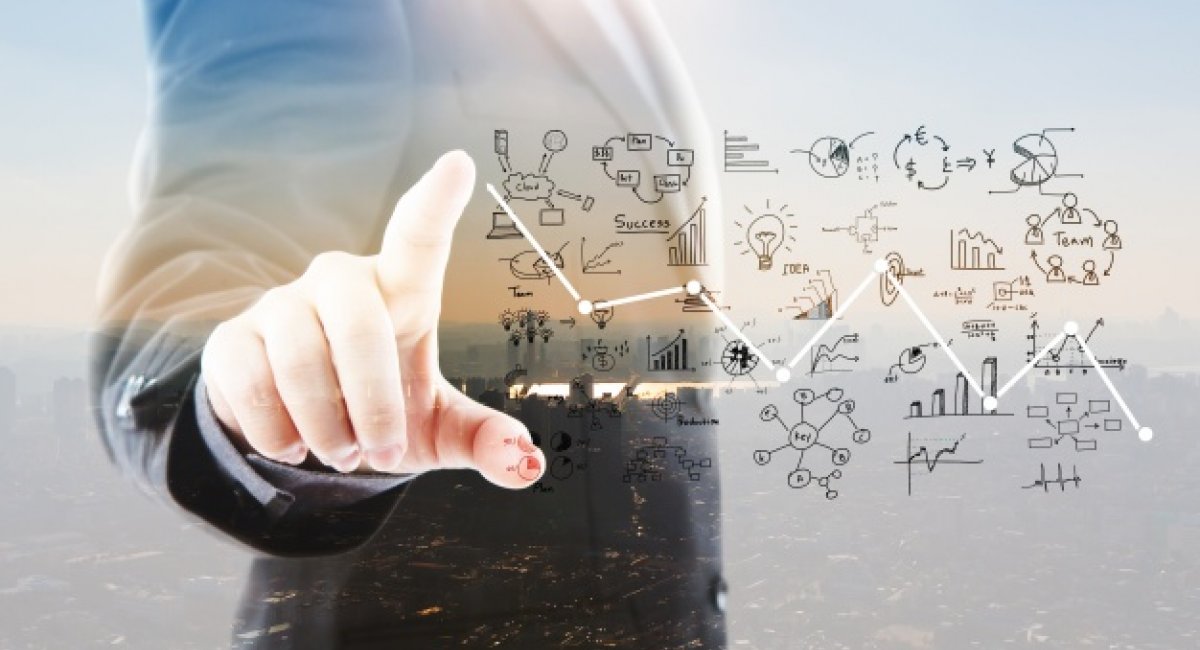Volvo's battery-infused car
By James, September 21 2017In 2013, Volvo announced a potentially revolutionary approach to designing electric vehicles (EVs). It wanted to replace some of the steel body panels in its cars with carbon fiber composite materials that can store power like a battery.
The rechargeable panels would be composed of multiple layers of carbon fiber, which are insulated from each other by fiberglass inserts. The result is a structural component that can be charged like the battery.
Though this new design would reduce weight problems associated with rechargeable car batteries, it was not without its problems. In the event that the car crashes, emergency crews would essentially be trying to fish someone out of a giant damaged battery. The cost of carbon fiber was also quite high. Due to these issues, Volvo decided not to mass produce its new cars.


